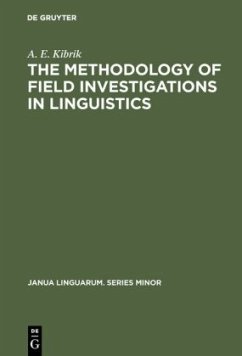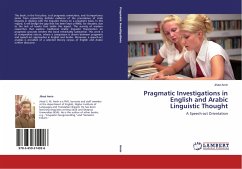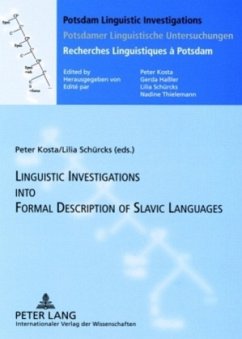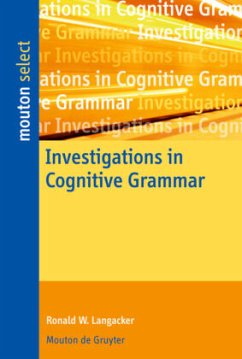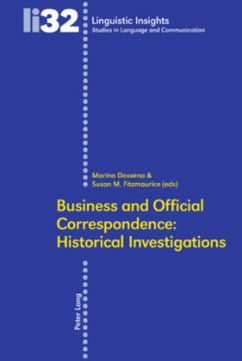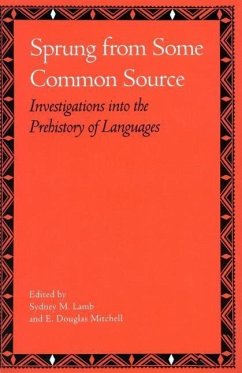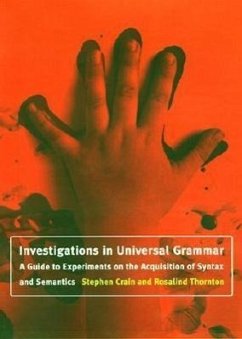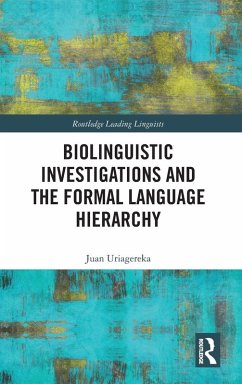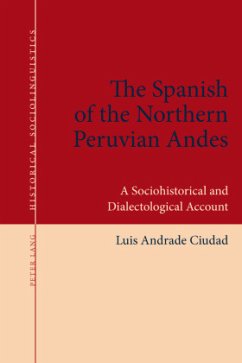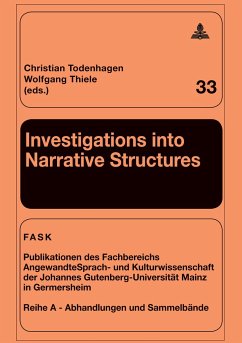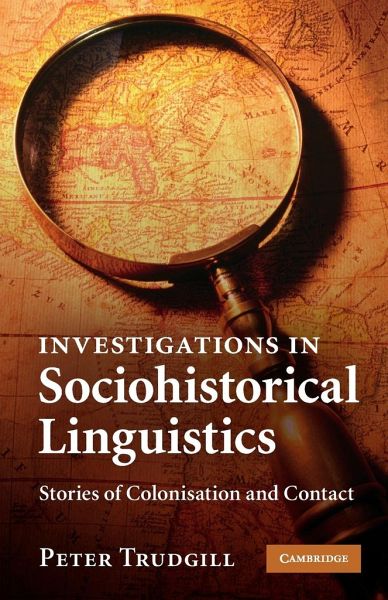
Investigations in Sociohistorical Linguistics
Versandkostenfrei!
Versandfertig in 1-2 Wochen
46,99 €
inkl. MwSt.
Weitere Ausgaben:

PAYBACK Punkte
23 °P sammeln!
In the last five hundred years or so, the English language has undergone remarkable geographical expansion, bringing it into contact with other languages in new locations. It also caused different regional dialects of the language to come into contact with each other in colonial situations. This book is made up of a number of fascinating tales of historical-sociolinguistic detection. These are stories of origins - of a particular variety of English or linguistic feature - which together tell a compelling general story. In each case, Trudgill presents an intriguing puzzle, locates and examines ...
In the last five hundred years or so, the English language has undergone remarkable geographical expansion, bringing it into contact with other languages in new locations. It also caused different regional dialects of the language to come into contact with each other in colonial situations. This book is made up of a number of fascinating tales of historical-sociolinguistic detection. These are stories of origins - of a particular variety of English or linguistic feature - which together tell a compelling general story. In each case, Trudgill presents an intriguing puzzle, locates and examines the evidence, detects clues that unravel the mystery, and finally proposes a solution. The solutions are all original, often surprising, sometimes highly controversial. Providing a unique insight into how language contact shapes varieties of English, this entertaining yet rigorous account will be welcomed by students and researchers in linguistics, sociolinguistics and historical linguistics.





